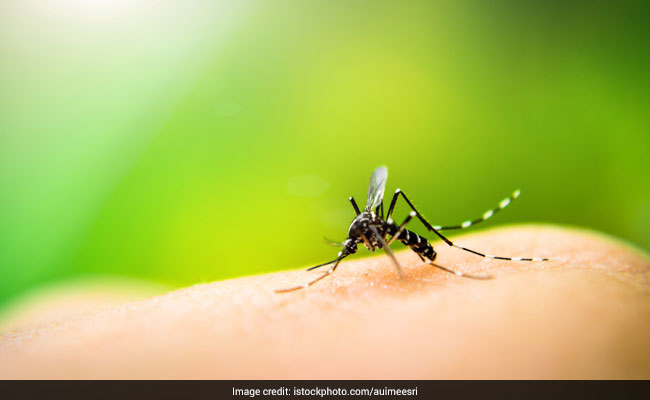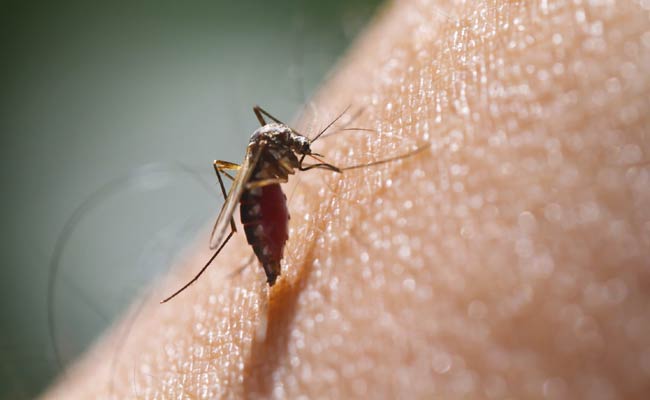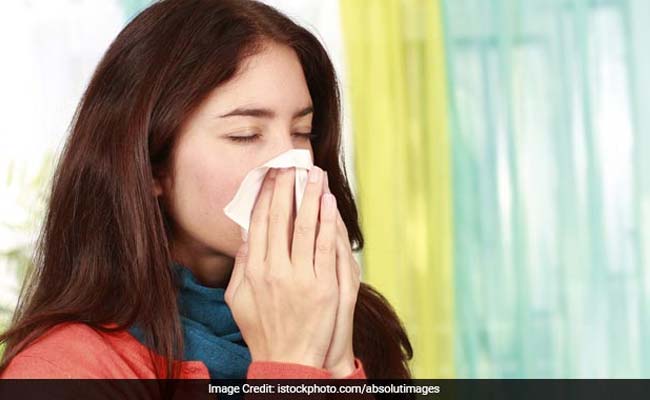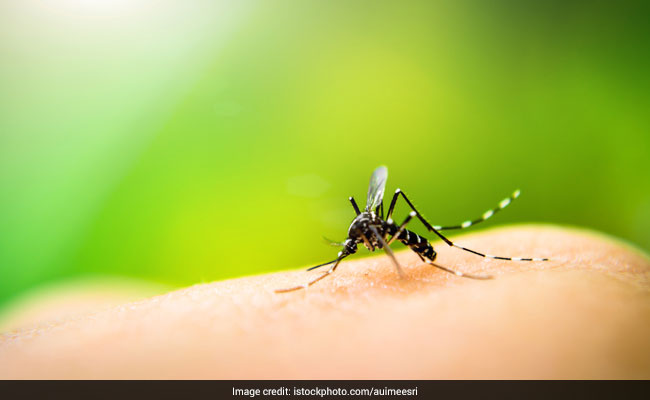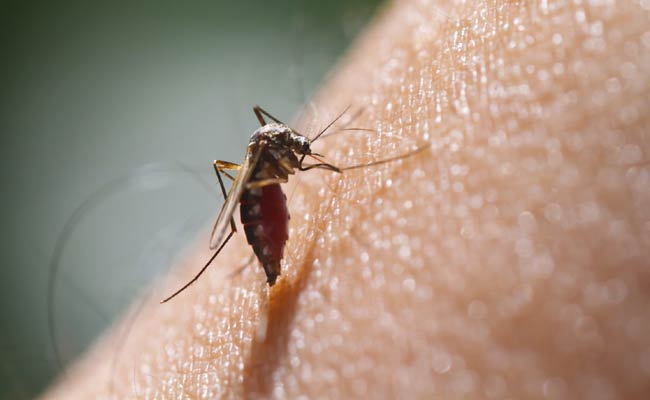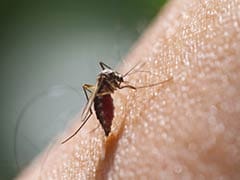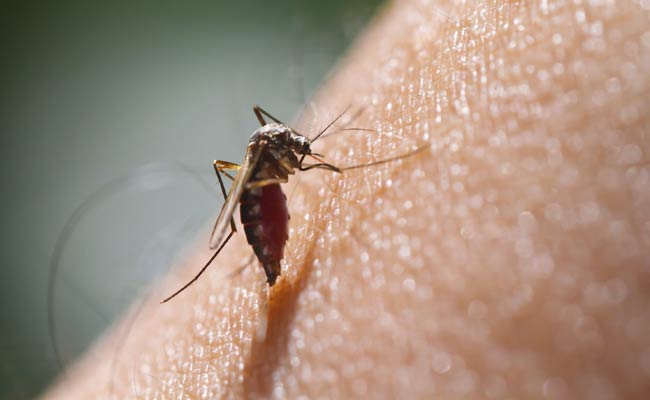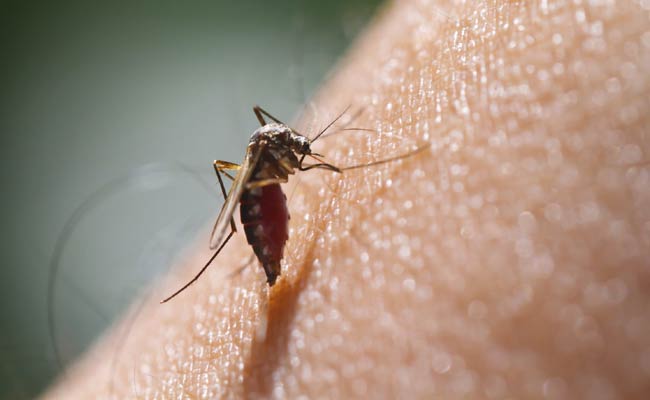Malaria guide
- What is it?
- What are the common terms associated?
- What are the causes?
- What are the symptoms?
- What are the risk factors?
- What are the types?
- How is the diagnosis made?
- Seek professional help?
- What are the preparation?
- What is the treatment?
- What is the prognosis?
- What are the prevention?
- What are the complications?
- What is the homecare treatment?
- What are the first aid to be given?
- What are the dietary and lifestyle advice?
Malaria
What is it?
Malaria is a parasitic disease transmitted by a msoquito bite. It is characterised by high fever, chills and rigors. Falciparum malaria, one of four different types, affects a greater proportion of the red blood cells than the other types and is more serious. The disease is a major health problem in India as in most of the tropics and subtropics.
Alos Read: When will I recover from vivax-induced malaria?
What are the common terms associated?
What are the causes?
Malaria is caused by a parasite (Plasmodium) that is transmitted from one human to another by the bite of infected anopheles mosquitoes. The symptoms occur in cycles of 48 to 72 hours. This is the time taken by the parasites to multiply inside the red blood cells, which then rupture, and the parasites infect more red blood cells. Malaria can also be transmitted congenitally (from a mother to her unborn baby) and, rarely, by blood transfusions.
What are the symptoms?
There are moderate to severe chills, high fever, and sweating accompanied by headache, nausea and vomiting, muscle pain and anaemia. In severe cases, there may also be jaundice, convulsions or coma. The symptoms of malaria usually begin wihtin a week of being bitten by the infected mosquito.
What are the risk factors?
The highest risk factor for getting malaria is living or visiting tropical areas where malaria is common. Also, some people are at an increased risk of getting malaria like young kids, infants, pregnant women and their fetus.
What are the types?
How is the diagnosis made?
Diagnosis depends on the symptoms along with a physical examination and some tests. The physical examination may show an enlarged liver and an enlarged spleen. The tests for the malarial parasite by blood smears and other tests confirm the diagnosis. The blood sample is usually drawn at the peak of fever.
Also Read: Does malaria during pregnancy harm the fetus?
Seek professional help?
What are the preparation?
What is the treatment?
Malaria, especially Falciparum malaria, is a medical emergency requiring hospitalisation. Chloroquine is the most frequently used anti-malarial medication, but quinidine or quinine, or the combination of pyrimethamine and sulfadoxine are given for chloroquine-resistant infections.
What is the prognosis?
The outcome is expected to be good in most cases of malaria with treatment, but may be poor in Falciparum infection with complications. In complicated cases, there could be liver and kidney failure, excessive destruction of blood cells, swelling of the brain and rupture of the spleen.
What are the prevention?
Avoid mosquito bites by wearing protective clothing over the arms and legs, using mosquito nets and screens, and insect repellents (cream, lotion, spray or vaporizer). Anti-malarial drugs can be prescribed for visitors to areas where malaria is prevalent. Treatment should begin two weeks before entering the area, and continued for 4 weeks after leaving the area. Chloroquine, quinine, and the combination of pyrimethamine and sulfadoxine are some of the drugs used. Chloroquine has been the drug of choice for protection from malaria. Falciparum malaria is becoming increasingly resistant to anti-malarial medications. For travellers headed for areas of endemic Falciparum malaria, the present drug of choice is mefloquine.
What are the complications?
What is the homecare treatment?
What are the first aid to be given?
What are the dietary and lifestyle advice?
Malaria News More News
- Countries In WHO South-East Asia Region Renew Commitment To Eliminate Malaria By 2030
- Soups Can Save You From Malaria, Says Study; Know Other Diet Tips To Fight Malaria
- Malaria Cases Declined By 24% In India: WHO Report
- Dengue Cases Hit 9,169-Mark Even As The Season Of Vector-Borne Diseases Are Coming To An End
- Only 8 Of 100 Malaria Cases Detected In India: WHO
- This Portable Device Can Detect Malaria Within Seconds
- 894 New Dengue Cases Reported In Delhi Last Week: Tips To Prevent Dengue
- This Drug Can Save You From Malaria This Monsoon
- Malaria Cases Double In The Capital, 177 Reported Till Now
FAQ Related to Malaria
................... Advertisement ...................
................... Advertisement ...................
................... Advertisement ...................
................... Advertisement ...................


